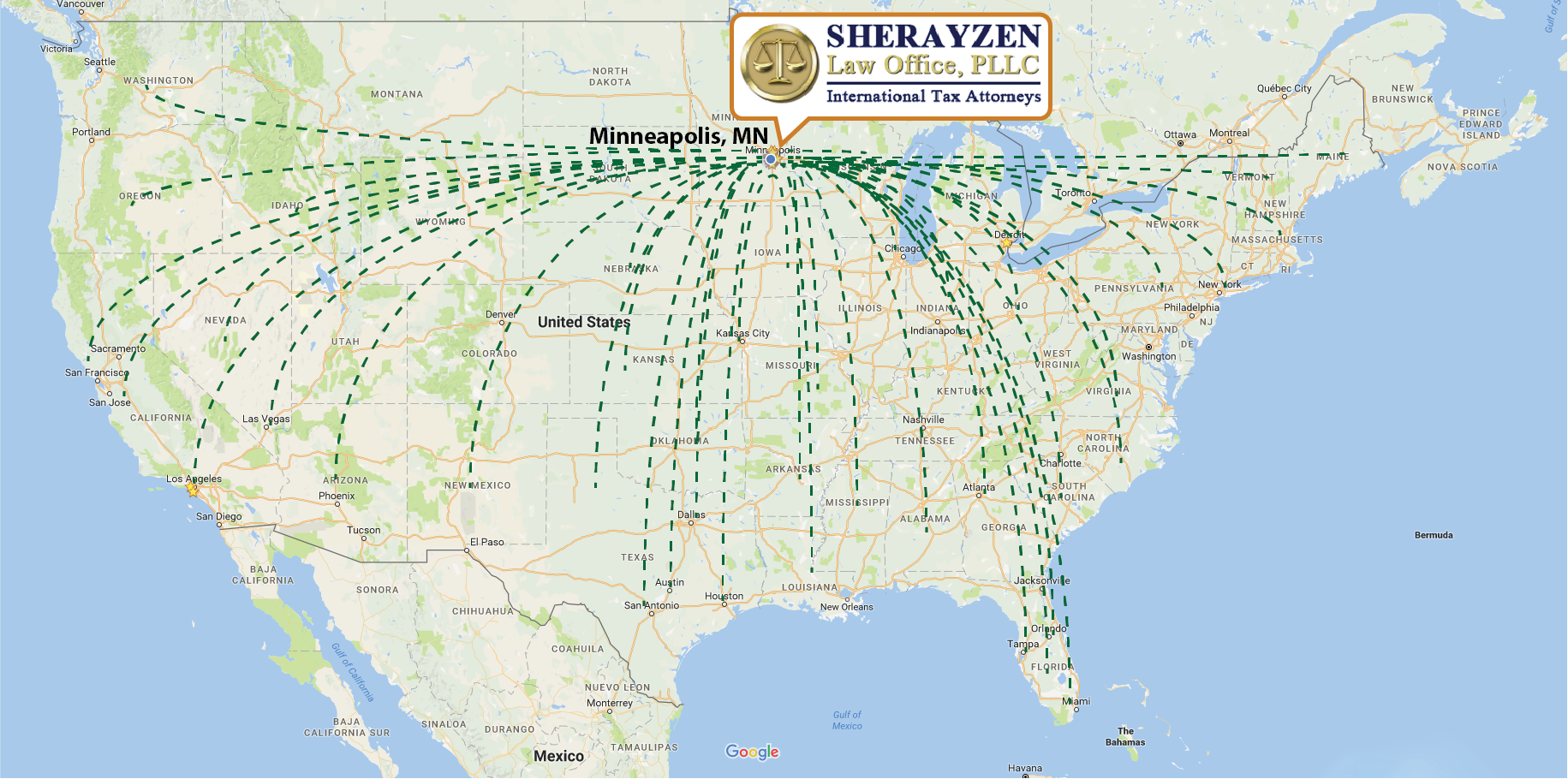Streamlined Disclosure vs. Current Tax Compliance | SDOP Lawyer
Hello, and welcome to Sherayzen Law Office video blog. My name is Eugene Sherayzen and I’m an international tax attorney and owner of Sherayzen Law Office, Ltd.
Today, I would like to discuss with you one of the most interesting problems that almost every taxpayer faces when he does a Voluntary Disclosure: the issue of current Tax Compliance. Let me explain what I mean by this.
Let’s suppose that you discovered (that) you have not filed your form 8938 or perhaps FBAR; let’s say you haven’t done that for a number of years. At this point you’re not able to obtain all the documentation necessary to complete the amended tax forms or to complete the necessary tax forms in order to file your Voluntary Disclosure. So, in essence what you’re facing is an issue of whether to disclose your foreign accounts and potential past non-compliance at this point or to wait and then disclose everything when you file your Voluntary Disclosure.
The temptation is to file the tax documents as they are without disclosing anything with respect to your foreign accounts and foreign income. However, this temptation must be resisted at all costs. Let me explain why.
If you file your tax forms without the disclosure of foreign accounts and foreign income and you know that you must disclose these foreign accounts and income, then you’re doing it with knowledge; in other words, the IRS may allege that you are doing this willfully. If you are doing this willfully, then it’s going to be very hard for you to participate, later on in the Streamlined Voluntary Disclosure.
The concern that many taxpayers have with disclosing foreign accounts that even if they don’t have all the documentation is that they are afraid that the IRS will find out about it and will commence an investigation and thereby prevent any possibility of participating in a Voluntary Disclosure Program. This, of course, is a valid concern. The issue really is ‘how much time will it take to complete the Voluntary Disclosure documentation.’ If it takes three years, then yes, this is a huge concern. If it takes less, then it’s less of a concern. If it takes just two or three months, maybe half a year, you should have enough time to complete your Voluntary Disclosure.
Let’s suppose the worst-case scenario: you file your current year compliance correctly or as accurately as you could have filed it and let’s suppose that the IRS finds out about it before you could do the Voluntary Disclosure, then at the very least, you will have an argument at that point that you were trying to disclose this and this will support your non-willfulness later on during the IRS Audit.
On the other hand, if you don’t disclose anything and the IRS finds out about your prior tax non-compliance, then at that point, what you will be facing is a potentially willful situation; in other words willful penalties and maybe even Criminal Penalties.
If you would like to discuss your Voluntary Disclosure more, contact me as soon as possible; you can call me at (952) 500-8159 or you can email me at [email protected].
Thank you for watching, until the next time.



